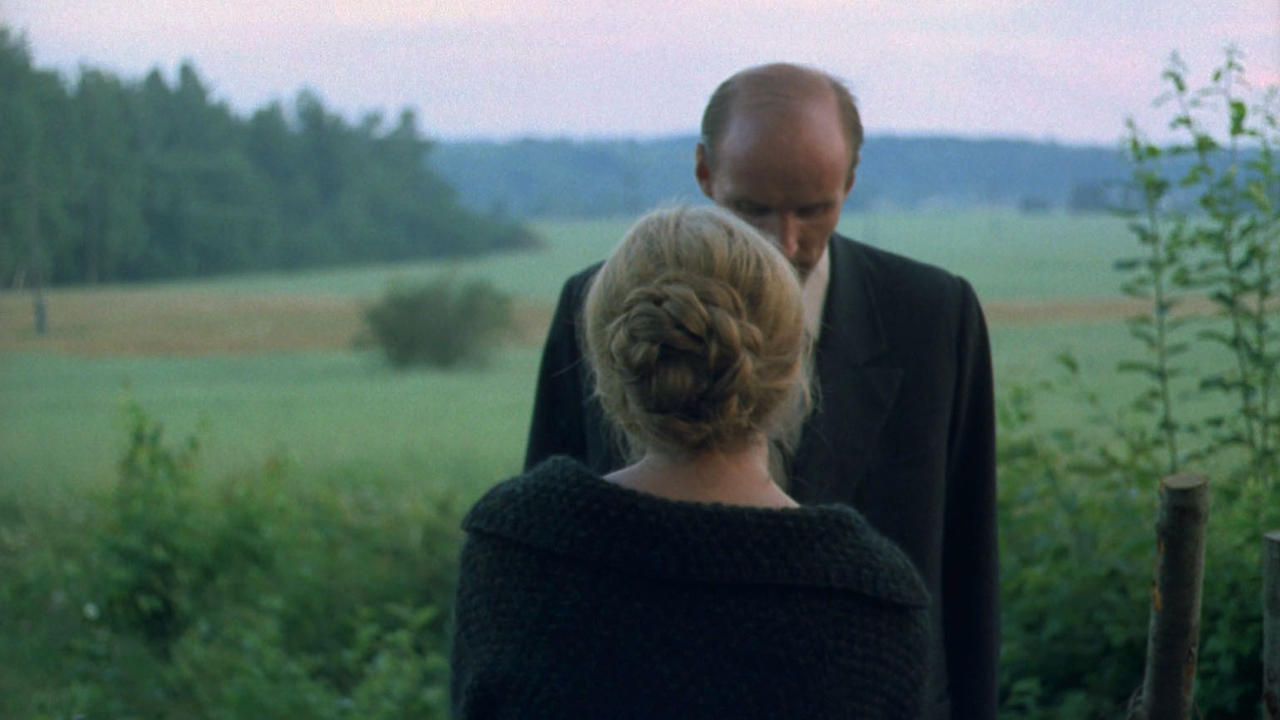
The revolutionary cinematic style of the Danish filmmaker Lars Von Trier has changed the history of art-house cinema. Through his visionary and controversial stories about human existence, faith and death, Lars Von Trier has managed to create numerous thought-provoking gems of the European cinema. Here is a list of films not directed by Lars Von Trier for those who enjoy his cinema.
10. Teorema (1968)
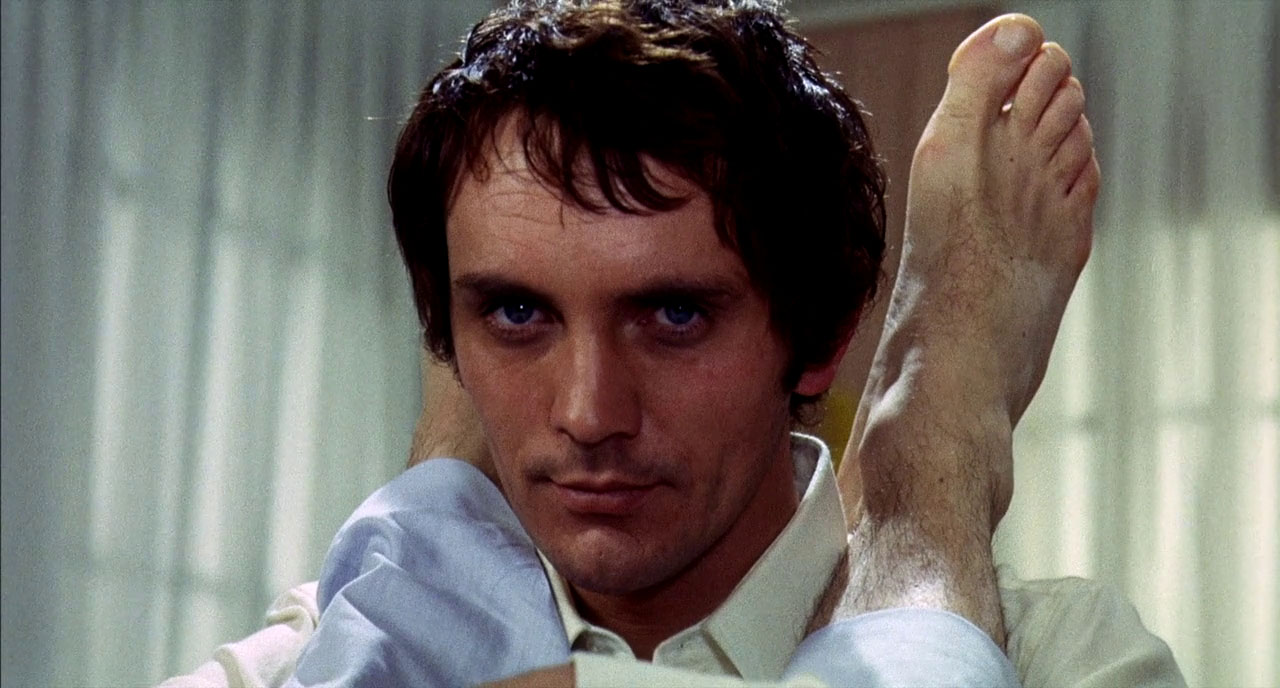
Written and directed by one of the most controversial directors of all time Pier Paolo Pasolini, “Teorema” is a spiritual masterpiece of the Italian cinema. The film follows the story of an enigmatic visitor (Terence Stamp) who seduces and the leaves each member of a wealthy Milanese family.
This mysterious figure, who transcends morality and mortality, is able to alter the lives of the members of the family through his psycho-sexual divine power. He enters into the deepest corners of their thoughts transforming their state of mind. Although he reveals the meaning of life, he abandons each character after this life changing experience leaving them in despair.
It is quite obvious that this symbolic depiction of a divine force stands out as a subtle commentary on religion, morality and consumerism. Pasolini creates the portrait of a creature that doesn’t only look like an angel but also like a demon. Influenced by Freud’s psychoanalytic theory and Machiavelli’s “The Prince”, Pasolini delivers a pessimistic tale that serves as a criticism on politics and post-modern industrialization. It is a marxist critique of the bourgeois philosophy as well as a psychological study of human manipulation.
Despite the fact that both Pier Paolo Pasolini and Lars Von Trier have directed different versions of Euripides tragedy “Medea”, “Teorema” bears a strong resemblance to Trier’s “Breaking the Waves”. This minimalistic film follows a broken narrative with a documentary like camera movement and recurring images of nature. Although Pasolini and Trier are known for their extreme cinema, both films are a magnificent study of religion without any disturbing images.
All in all, “Teorema” is a thought provoking film that will definitely be a pleasant surprise for those who love Trier’s cinema.
9. Irreversible (2002)
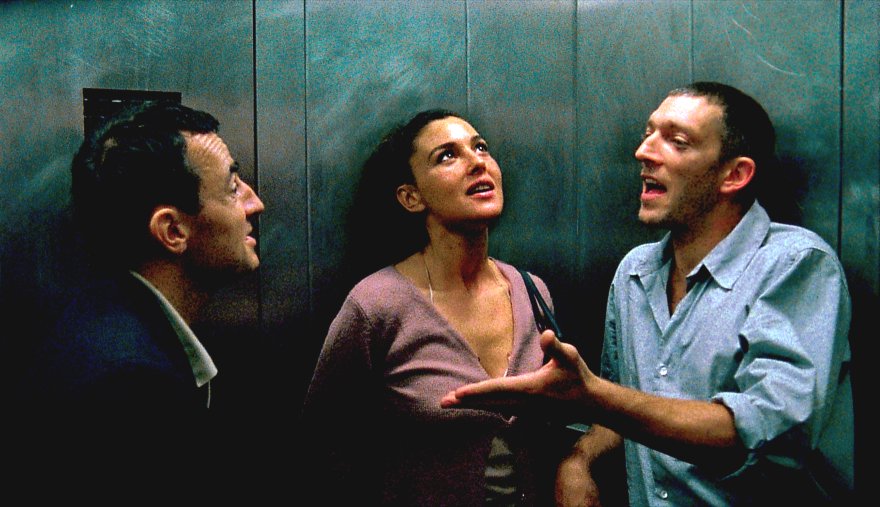
“Irreversible” is undoubtedly one of the most disturbing and emotionally demanding films of all time. Associated with the New French Extremity wave of cinema, the shock auteur Gaspar Noé creates a depressing but visually stunning jewel of the modern French cinema.
Monica Bellucci stars as Alex, a beautiful young girl, who is brutally attacked and raped by a stranger in a subway underpass. Then her boyfriend Marcus (Vincent Cassel) and her ex-lover (Albert Dupontel) set out for revenge. Marcus desperately embarks on a journey of revenge through the underground world of criminals, transexual prostitutes and gay bars.
Although the film is shot in a reverse chronological order, it is genuinely intense since it contains two of the most shocking scenes of all time. Because of the violent and absolutely cruel rape and revenge scene, “Irreversible” is quite an unbearable movie to watch.
It goes without saying that this combination of art-house cinema and horror it is quite similar to Lars Von Trier’s disturbing films such as “Antichrist”, “Nymphomaniac” and “The House that Jack Built”. Not only it features extreme body torture scenes and controversial themes, but also a marvellous cinematography and powerful performances. This probably one of the best acting performances by the Italian Monica Bellucci.
To sum up, “Irreversible” is definitely a haunting and unforgettable experience that will stay with you for a long time.
8. Funny Games (1997)
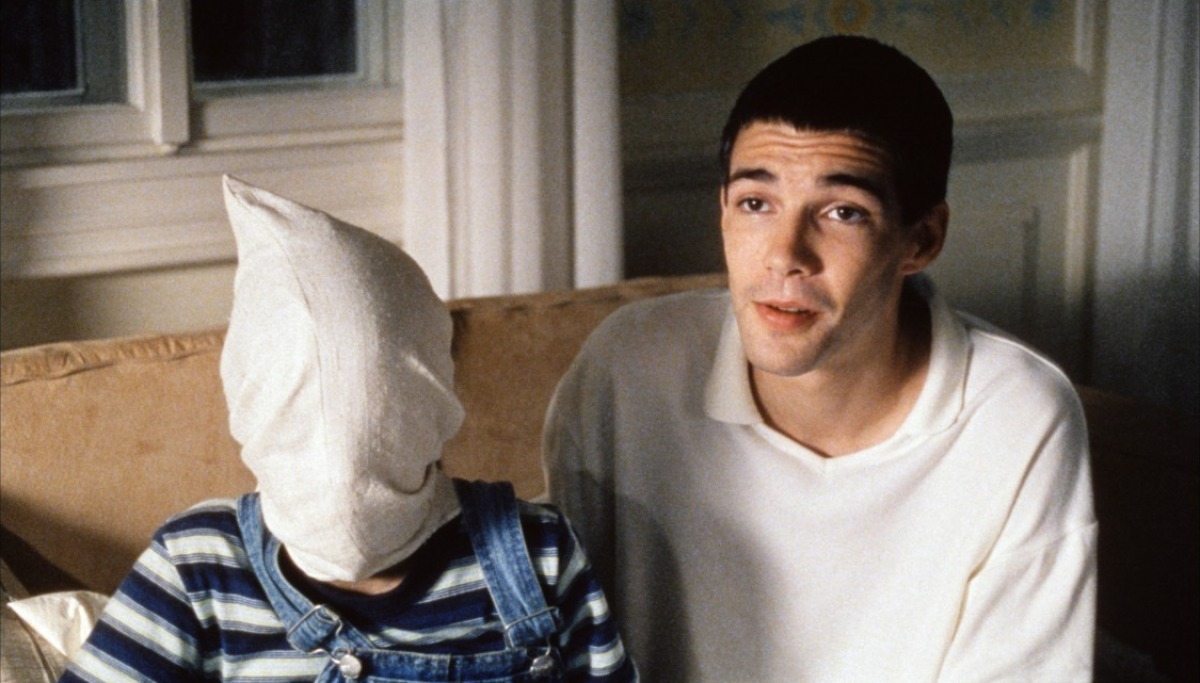
“But you want a real ending, with plausible plot development, don’t you?”
The quote is taken from the critically acclaimed film “Funny Games” by Michael Haneke. This genuinely unique psychological thriller is one of the most unsettling and disturbing pieces of Haneke’s filmography.
The film follows the simple story of a wealthy family arriving in a secluded lakeside house to spend some quality time. There a couple of well-educated young men, Paul and Peter, take the family hostage forcing them to “play” a series of violent and sadistic games.
But this isn’t just another conventional thriller where the “good” guys win. Through unexpected plot twists Haneke makes an intellectual statement about violence, art and media. Thus, the realistic way the family is tortured and the excessive use of violence stand out as a subtle critique of the western cinema.
This gorgeous gem of cruelty is Haneke’s personal statement about art. Lars Von Trier has also made his own statement about the nature of art through the macabre thriller “The House that Jack Built”. Trier has created a rather personal film about the way he perceives art just like Haneke. In addition, “Funny Games” is a stinging satire on Hollywood’s fake world and mainstream cinema.
Overall, “Funny Games” is an unforgettable visceral experience created by one of the most renowned directors of the 21st century. A hidden treasure of the European art-house cinema.
7. The Turin Horse (2011)
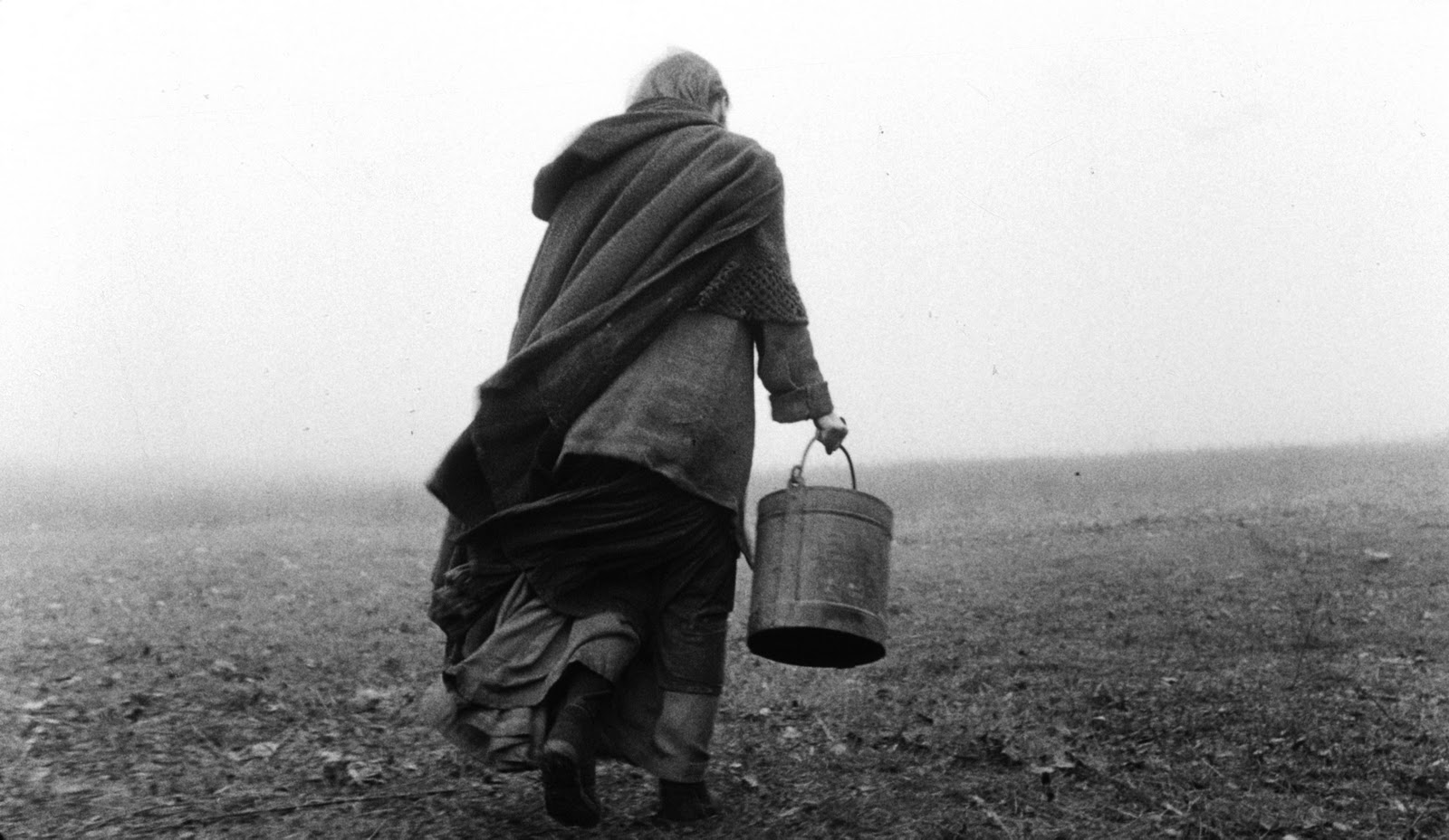
“The Turin Horse” is the last of film of the great Hungarian director Béla Tarr. The film is a slow-paced drama inspired by the real life of the German philosopher Friedrich Nietzsche. There is a tale that Nietzsche witnessed the flogging of a horse in Turin just before he was diagnosed with a mental illness on 1989. It is rumoured that this horse is the cause of Nietzsche’s mental breakdown.
Béla Tarr’s imagination follows the story of the farmer who whipped that horse. The horse-owner is an old man living with his daughter in an isolated cabin. Not only the farmer has to deal with the dying and disobedient horse, but also with a band of gypsies who threaten their lives. All these take place in a post-apocalyptic world of pure chaos and despair.
Shot in black and white, “The Turin Horse” is a spellbinding movie about the end of the world. It is a bleak depiction of a decaying world where philosophical questions about existence, life and death arise. The characters live in existential crisis and nihilist despair as they are facing the tragic end of the world.
It is quite obvious that this miserable world of nihilism and pessimism is quite similar to the apocalyptic world of Lars Von Trier’s “Melancholia”, which is also a deep examination of morality.
Despite the fact that “The Turin Horse” is a slow drama with long takes and very few dialogues, it is one of the most profound philosophical movies of all time.
6. Mouchette (1967)
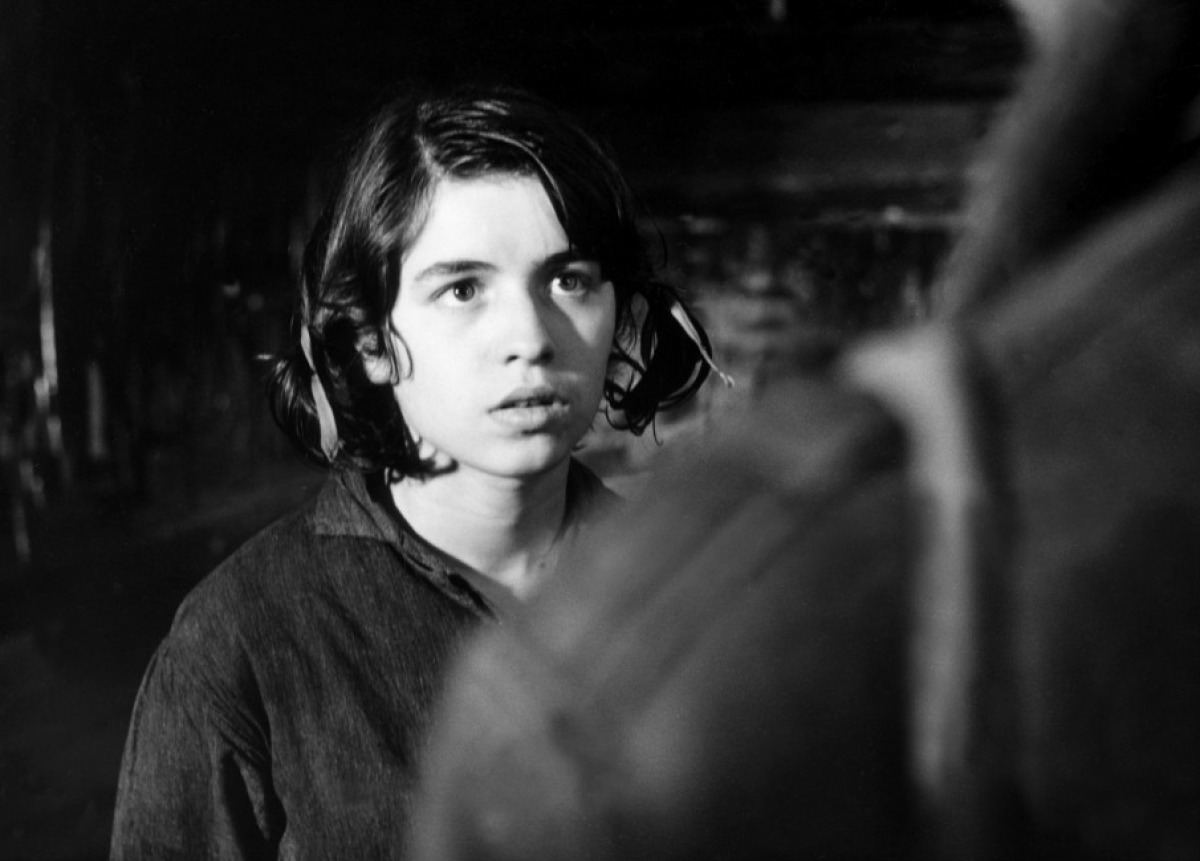
“Mouchette” is a touching film directed by the French groundbreaking filmmaker Robert Bresson. Overshadowed by other classic works of Bresson such as “Au Hasard Balthazar” or “Pickpocket”, it is a tragic story about a troubled young girl (“Mouchette”).
Not only she tries to live under impoverished circumstances, but also she has to deal with her dying mother. In addition, her father is an abusive drunk who doesn’t care about his family. Soon Mouchete gets in trouble, when she meets Arsene a young boy who thinks he has committed a serious crime. Being a silent and stubborn young girl, Mouchette tries to her best to survive this tragedy.
Despite the fact that “Mouchette” is a slow-pace drama with amateur actors, Robert Bresson manage to create a realistic portrait of a troubled woman who struggles to survive. She is a tragic character, an outcast who can’t integrate herself to her surrounding. The film is also a metaphor, since Mouchette tries to reach catharsis through her actions.
On the other this dark coming-of-age movie stands out as a bleak depiction of the frustrations of life and the humiliation of humanity. Thus, “Mouchette” is a movie about a troubled girl that bears a strong resemblance to Lars Von Trier’s masterpiece “Dancer in the Dark”.
All in all, “Mouchette” is a cinematic poem by the great Robert Bresson about moral and philosophical dilemmas, as well as a study of the human condition. A deep and heartbreaking story for those who enjoy Trier’s raw cinema.